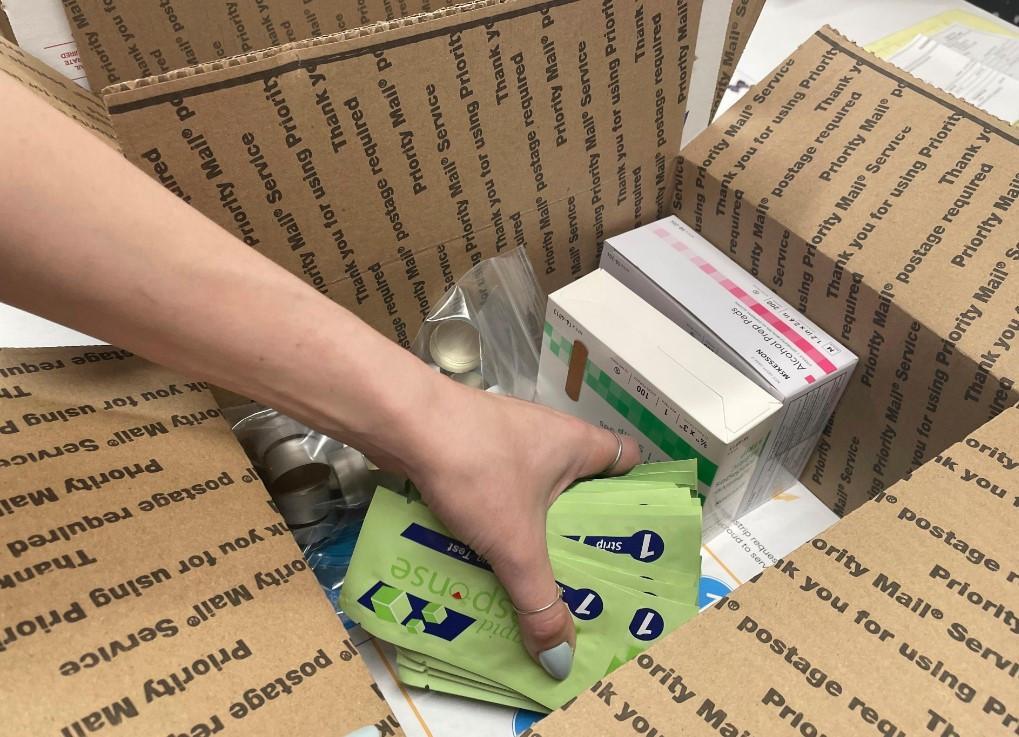
China dismissed as "fake news" on Thursday accusations that the Asian power is failing to stop production of fentanyl, after the U.S. ambassador said there had been no progress.
Beijing banned exports to the United States of the deadly drug in 2019, a move then hailed by Washington, but experts say China remains the source of precursor chemicals sent to traffickers in Mexico and Central America.
The US ambassador to China told a virtual audience on Wednesday that Washington had been "pushing very hard that the government of China use its considerable power to shut down the ability of these blackmarket Chinese firms to sell the fentanyl."
"Frankly, we have not seen progress on this issue," Nicholas Burns said.
Chinese Foreign Ministry spokesman Wang Wenbin hit back yesterday, saying it was "purely fake news to say that Chinese fentanyl precursors are being smuggled to the United States through Mexico."
"What the United States should do is reflect on itself, strengthen domestic control over prescription drugs, intensify publicity on the dangers of drugs, and reduce domestic drug demand, instead of smearing other countries and shifting the blame on others," Wang said at a regular press conference.
China in the past has denied responsibility for America's fentanyl crisis, saying the United States should look at its own societal problems and the role of pharmaceutical companies.
More than 80,000 Americans died from opioid overdoses in 2021, a number that has risen sharply over the past decade.
Washington has slapped sanctions on Chinese companies accused of involvement in the trade of fentanyl, which can be up to 50 times more powerful than heroin.
A handful of Republican lawmakers have called for stronger action including even armed intervention against Mexican drug cartels.
Wang yesterday said Beijing "has always been strict in cracking down on drug crimes" and accused Washington of "severely undermining" bilateral drug control cooperation.